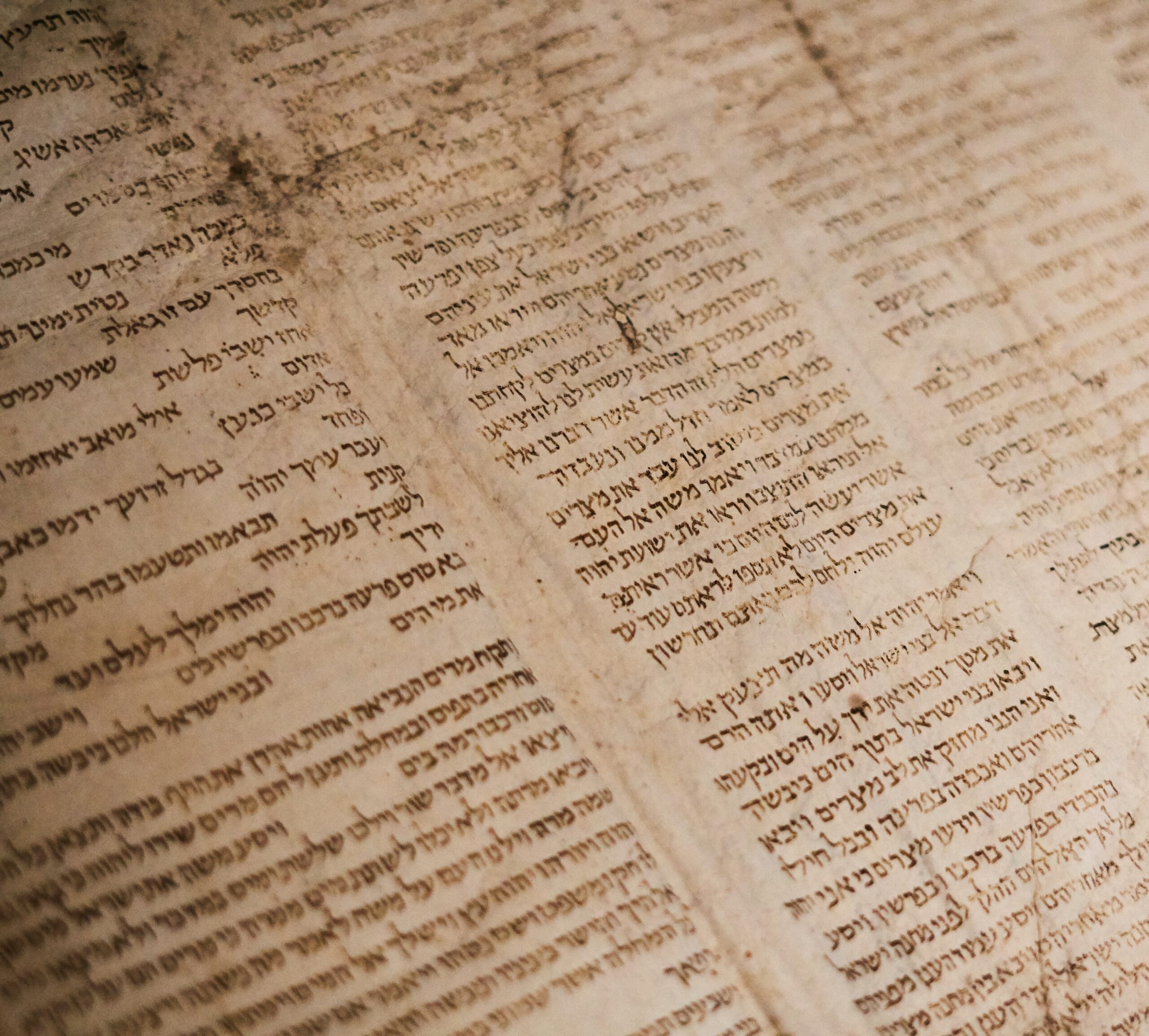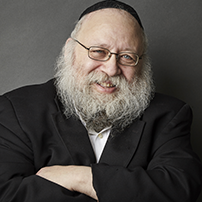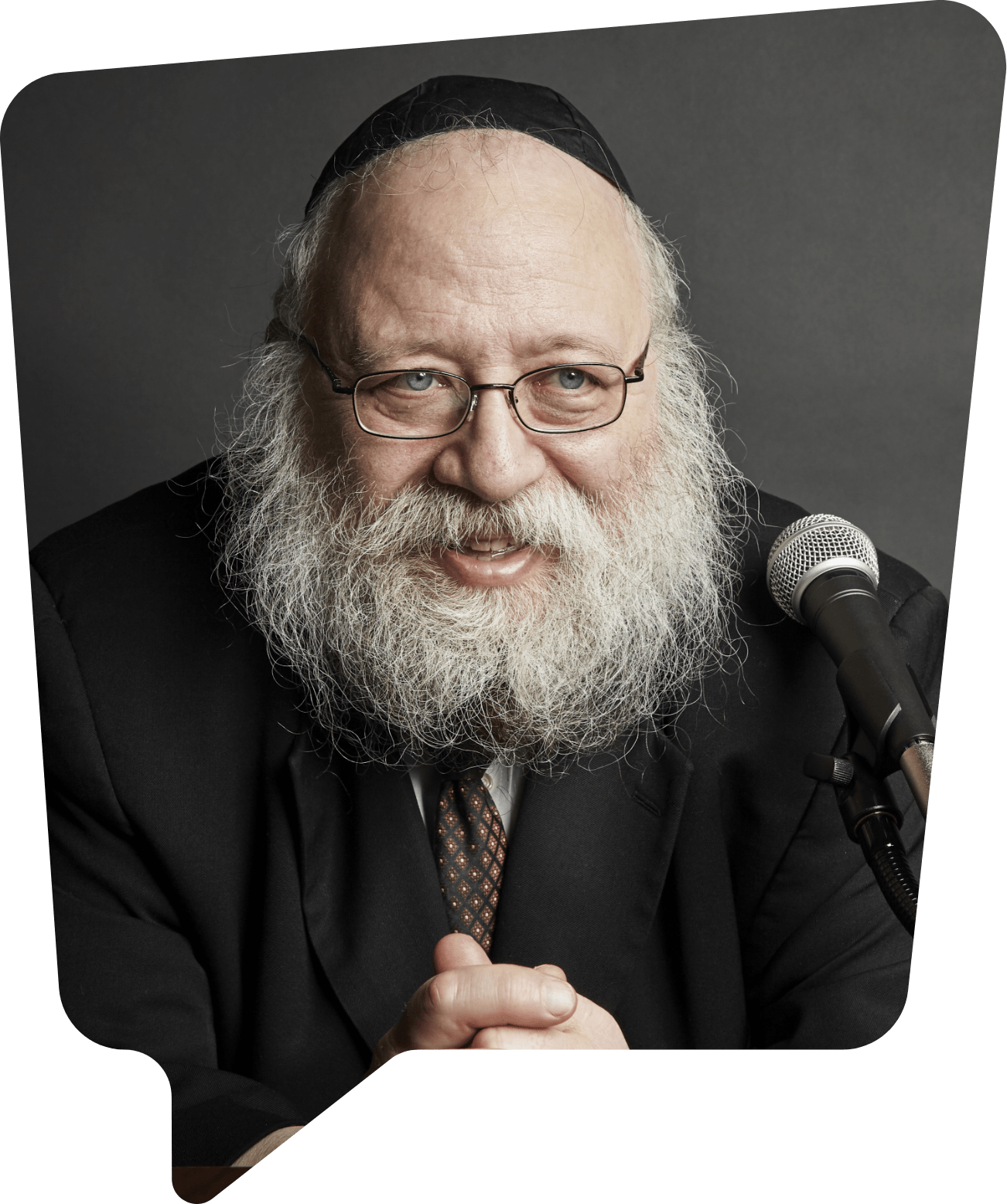
Translating Torah Into Action
The Torah portion Ha’azinu is a song in which Moses first rebukes the people and then showers them with words of consolation.
One of the opening verses reads:
“It is to G-d that you do this, O vile and unwise people? Is He not your Father, your Master? Has He not created you and formed you?”
Onkelos translates the words “O vile and unwise people” as “A people that received the Torah and are unwise.”
Onkelos apparently was troubled by the simple translation of the word naval as vile. If the Torah describes them first as vile why would it then add that they are also unwise? Being vile is so much more a severe critique than just not being wise. Why not write these phrases in the reverse order: “They are unwise and a vile people.”
Onkelos therefore understood this verse to mean that the vile nature of the people manifested itself in the fact that, despite receiving the Torah, they were still unwise. Moses himself bemoans the fact that the Torah’s influence did not rub off on the people. He highlights the fact that they were truly unwise despite their study of Torah.
When people study Torah but do not translate its teachings into action it is a sign that their Torah knowledge is deficient; they are unwise.
This explains a law recorded in the Talmud that Torah study, while considered to be the most important Mitzvah, does not override any of the other commandments. For example: If one was in the midst of studying Torah and was asked to help someone in need, where there is no one else who can help, one is obligated to interrupt his Torah study and lend assistance to the other.
The question is asked: If Torah study is the most important Mitzvah why should we have to interrupt its study to perform another Mitzvah, one usually considered less important? Isn’t there a general rule that when one is engaged in the performance of a Mitzvah one need not interrupt it to do another Mitzvah? Why is Torah study different?
The answer is that if we do not apply the teachings of the Torah to our lives it is a sign that the Torah study is deficient. And if the Torah study is defective it certainly cannot override any Mitzvah. This is in contrast with the secular disciplines. One can master the subject of good health, know how destructive to one’s health certain behaviors can be and yet engage in those very behaviors.
This premise can also shed light on a Talmudic debate: which is greater, study or action? The Sages concluded that study is greater because it leads to action. This underscores the notion that Torah study is only superior because it leads to action.
Some commentators point to a rabbinic expression coined by Nachmanides: “One can be a naval-vile person with the permission of Torah.” This means that one can study Torah and master its wisdom and still be vile; they fail to translate that knowledge into behavior.
Mitzvos from My Gut
There is another way of understanding Onkelos’ translation of naval as “the nation that received the Torah,” cited in Chassidic sources:
There are two ways one can acquire the knowledge of Torah and its commandments:
First: the conventional way of a teacher instructing students, or by reading texts. Here the knowledge comes from outside the person.
The second, more advanced, method with respect to Torah knowledge is to intuit its teachings. There are 613 commandments, 248 of which are prescriptive and 365 proscriptive. The Talmud and Zohar teach us that the 248 correspond to our bones and the 365 to our sinews.
The Talmud states that the Patriarch Abraham observed all the commandments even though they were not divinely revealed until Mount Sinai hundreds of years later. Abraham was able to learn these teachings of Torah from his own body. When a person is so spiritually tuned one’s very body becomes a fountain of knowledge.
There are stories of righteous people who have so conditioned their bodies to do what is right that they did not have to focus when performing a Mitzvah. They focused instead on enhancing the performance of the rather than on knowing what to do.
Hence, the Torah, in describing the post Sinai era, states that we are naval; we are inferior in one respect because we had to receive the Torah from Above and did not derive its teachings from our own flesh. In that regard we are “unwise;” we lack that intuitive approach.
Changes in the Future
However, we also are taught that in the Messianic Age things will change. We will not have to study in order to know how to live our lives because we will all reach the spiritual level of sophistication of the Patriarchs. We will know, intuitively, what is right and what is wrong.
To be sure, we will still study Torah for spiritual edification and to cement our attachment to G-d, but we will not need that study to know how to observe the Mitzvos. That will come naturally.
Wishing everyone a g’mar chasimah tova; we should all be sealed in the Book of Life, for a good and sweet year!


